
Corporate Crime and Punishment
The Crisis of Underenforcement
Recommendation
Executive white-collar criminals rarely face prosecution, much less jail. Laws are not well enforced, in part because prosecutors lack the resources for major prosecutions, reports law professor John C. Coffee Jr. Executives often sidestep liability because their companies enter deferred prosecution agreements (DPAs), in which the organization doesn’t acknowledge guilt. But crooked bosses, not their firms, should be law enforcement’s target. Coffee recommends that regulators and prosecutors should hire private law firms for research and should reward whistleblowers. His sharp, theoretical overview is detailed and practical for corporate lawyers, regulators and executives.
Summary
About the Author
John C. Coffee Jr. is Adolf A. Berle Professor of Law and director of the Center on Corporate Governance at Columbia University Law School.








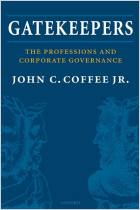
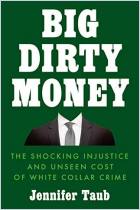
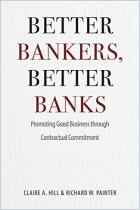
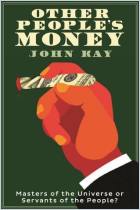

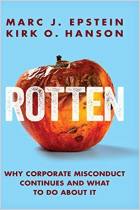
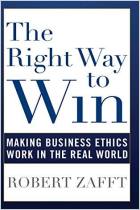




Comment on this summary or 开始讨论